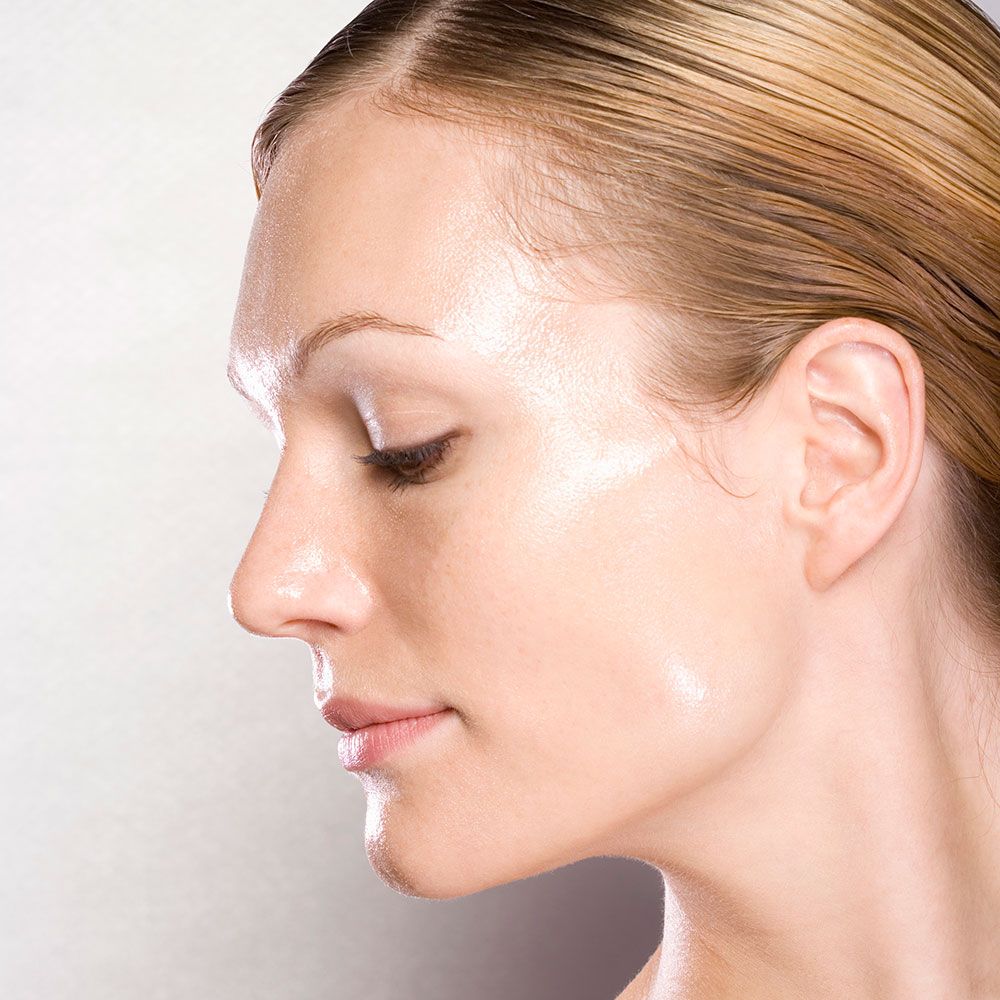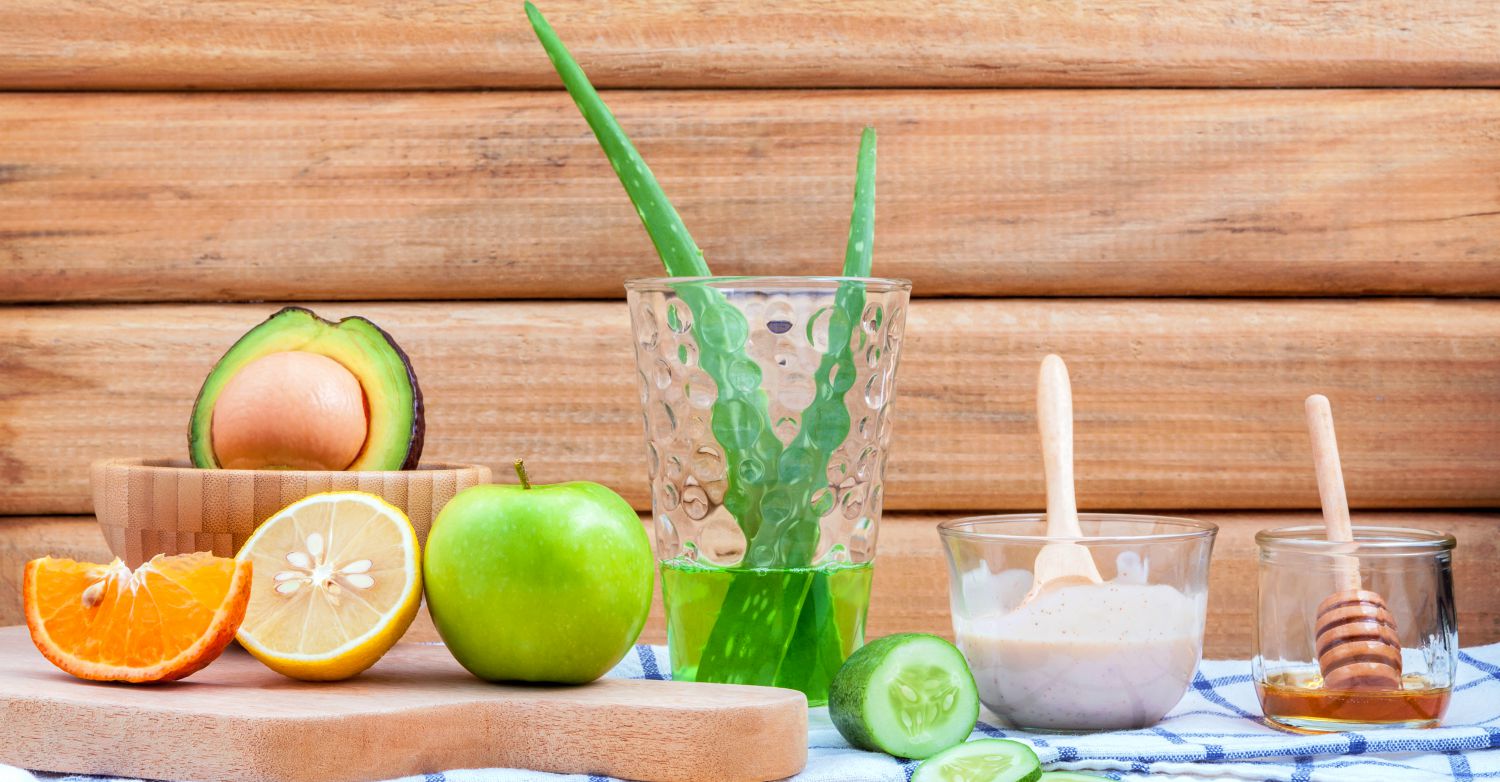Among the many skin problems, oily skin is a common one. In fact, most people will face the problem of oily skin at some point in their life. It is nothing grave to begin with but aggravation could lead to serious skin damage. Oily skin happens due to the natural morphology of human skin. The human skin is formed of epithelial tissue. Under the skin, there is a gland called the sebaceous gland. The sebaceous gland produces an oil-like substance called sebum.The sebum is the oil we see and feel on our skin.
The sebaceous glands release the sebum on our skin. The purpose of the sebum is to keep the skin lubricated and the skin pores filled. It is essential in preventing dry skin and sometimes acne breakouts. However, excess production of sebum can lead to the skin looking shiny. Excessive sebum makes the skin pores get clogged with impurities.This sometimes causes acne problems.
Causes of oily skin
Oily skin can happen due to natural body morphology. However, there are other possible explanations for its aggravated happening. There are a few probable and justified explanations for oily skin. These are:
- Genetics: Oily skin can be passed on through your genes, as having larger sebaceous glands that produce excess oil is a hereditary attribute that can be handed down the family tree. If one of your parents has such skin, you’re likely to have overactive sebaceous glands, too.
- Age: Your skin will indeed produce less sebum as you age. Aging skin loses protein, such as collagen, and the sebaceous glands slow down.
- Living conditions: People tend to have oilier skin in hot, humid climates. You’re also more likely to have more oil on your skin during the summer than you would in the fall or winter
- Poor diet: Having a balanced diet is quintessential for flawless skin. Intake of excessive fat and carbohydrates leads to oily skin.
Preventive measures for Oily Skin
When oily skin is caused by genetics or hormones, it’s tough to prevent. Practicing consistent care and avoiding unhealthy foods such as fried foods, foods high in sugar, and processed foods may help. Let’s look into some easy ways of dealing with this issue.
Wash your face
The first easy and most effective way to deal with oily skin is to wash your face regularly. Face washing eliminates the chances of any impurities which are clogged up in those pores. Therefore, you should wash your face after waking up and before going to bed. Be sure to use non-comedogenic and non-allergic face washes. Use a foaming soap or facial cleanser over cream-based or lotion cleansers. Foaming cleansers do a much better job cleansing away excess oil and leave your skin feeling fresh and clean. If you have sweated a lot after any activity, you should give your face a good cleansing.
Moisturizing and Exfoliation
Moisturizer is also necessary for such skin conditions, particularly if you’re using oil-removing items. Choose a non-comedogenic, lightweight moisturizer that won’t clog the pores. You could miss the moisturizer in the morning and only use sunscreen. Several days a week, use a soft exfoliating spray. This would assist with the removal of dead skin cells, which can trap sebum.
Don’t scrub-dry your face
Do not rub dry or scrub your face with a towel or cloth after you wash your face. If you do so, then rest assured you are damaging the skin pores. The best alternative is to soak dry your face. This helps prevent any damage to the skin. Rubbing the skin with abrasive scrubs, pads, or washcloths won’t make your skin less oily and won’t improve acne. It will irritate the skin, though. Oily or not, be kind to your skin and treat it gently. Use blotting papers. These thin, tiny papers will not stop your sebaceous glands from working overtime, but they will encourage you to blot excess oil from your face, which will help minimize greasy skin.
Use natural ingredients
Honey is one of nature’s most revered skin remedies. Thanks to its antibacterial and antiseptic abilities, it may benefit oily and acne-prone skin. Egg whites and lemons are a folk remedy for this issue. Both ingredients are thought to tighten pores. The acid in lemons and other citrus fruits may help absorb oil.
It is highly unlikely that this issue will lead to aggravated issues. However, one should always try to seek expert counsel by a dermatologist.


